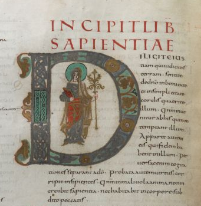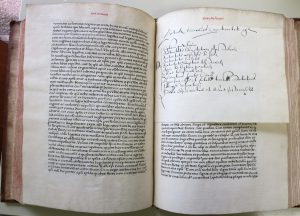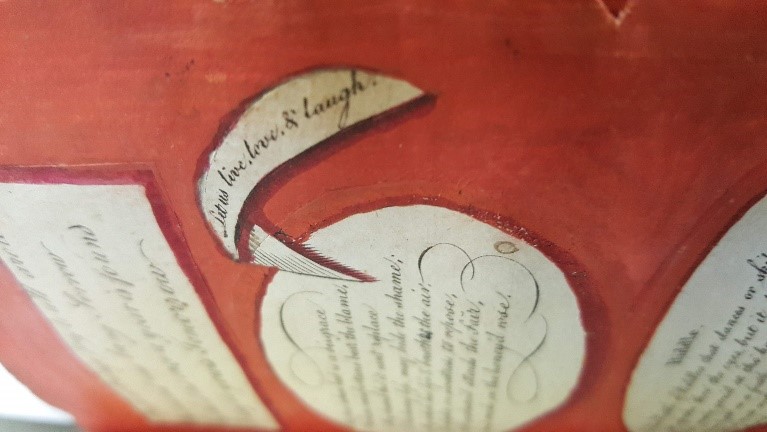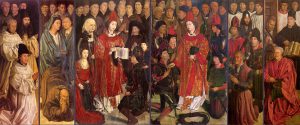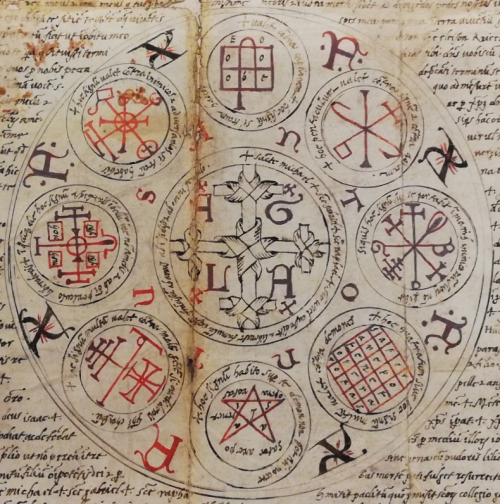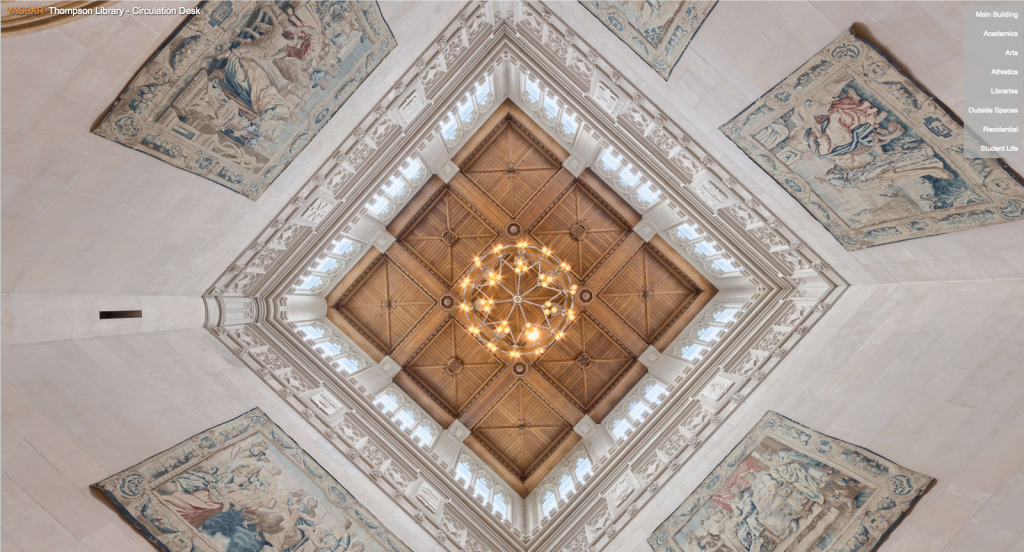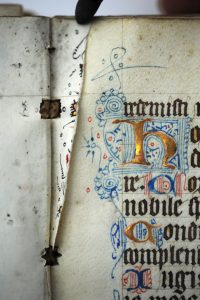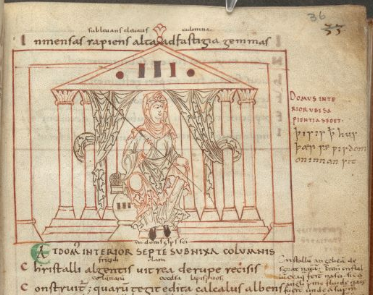2023 Spring and Autumn Symposia
December 5, 2022 in Announcements, Manuscript Studies
2023 Spring and Autumn Symposia
on
“Materials & Access”

“Centered”. Photograph Ⓒ 2014 Mildred Budny.
[Posted on 5 December 2022, with updates]
The Research Group prepares a pair of Symposia in 2023, continuing the pattern of paired Spring and Autumn Symposia launched in 2022.
[Update on 25 October: With both the 2023 Spring and Autumn Symposia now accomplished, the illustrated Symposium Booklets for both are published. You could download both of them or ask for printed copies to be sent to you. See below.]
The New Tradition
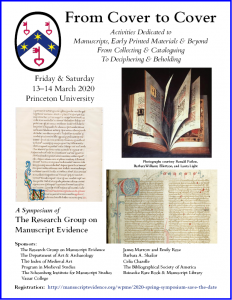
2020 Symposium Poster 2
Before then, up to 2022, there would be only one Symposium in a given year, although the span could vary from one to three days, and the Symposia occurred only in person. Also, previously, the pattern of Symposia did not always appear each year, except notably for our first Symposia, beginning in 1995 at Barnard College, which occurred for five years as a series:
- “The Transmission of the Bible”: A Series of Annual Symposia (1995‒2000)
Then, after an interval, when we focused instead on other activities and tasks, including the incorporation of the RGME as a nonprofit educational corporation (1999), our resumption of Symposia in a “New Series” would examine a wide variety of themes in turn. The New Series not only resumed our Symposia, with a difference, but also adopted other forms of Events, such as Colloquia and Workshops:
- The “New Series” of Symposia, Colloquia, Workshops & Seminars (2001–)
The variation in the usage of terms for the events depended partly on their characteristics and partly on their host institutions’ preferences or requirements for given genres.

2022 Autumn Symposium Program Booklet, Front Cover (Page 1)
With the onset of the Covid-19 pandemic by 2020, RGME events shifted for a while from in-person to online. After the cancellation of events in 2020, the RGME adopted online events in 2021, to resume Symposia in 2022. In both 2022 and 2023, we held a pair of Spring and Autumn Symposia. In this way, our tradition of Symposia comprises several forms or series:
- RGME Symposia: The Various Series (1995–), in person or online.
And so, with paired Symposia for 2023, we affirm the momentum of our series of Symposia after the Covid-induced hiatus. Formerly, the Symposia were held at various centers, before the cancellation of our 2020 Spring Symposium, “From Cover to Cover”, intended for Princeton University. The illustrated Program Booklet for that Symposium reports its intentions.
The Revived Series
In resuming the series in 2022, we are able to return to some of its subjects, as the contributors make presentations, as their timetables allow, for one or other Session in the revived Symposia. Some of those contributors propose to participate in our 2023 Symposia.
In 2022, the pair of Symposia addressed the year’s Theme of “Structured Knowledge”, for which the Spring Symposium considered “Structures of Knowledge”, and the Autumn Symposium considered “Supports for Knowledge”. The webposts for them describes their scope and coverage. The illustrated Program Booklet for the Autumn Symposium, available freely for download as a booklet of 54 pages in quarto (‘letter-size’) format. The Symposia for 2023 and for 2024 already have their Year’s Theme as an overarching guide and a central focus, while other subjects also may be explored, sometimes interconnected.
2023: “Materials & Access”
For 2023, the Year’s Theme is “Materials & Access”.
The Spring Symposium has this focus: “From the Ground Up”.
The Autumn Symposium: “Between Earth and Sky”.
Themes and Subjects for Sessions include some in our continuing series and others. Those subjects and interests are described, for example:
- for our 2022 Symposia and
- the Episodes for our series “The Research Group Speaks”.
Each Symposium will have the span of one day and take place on a Saturday. The selected time-zone is Eastern Standard Time (GMT-5) / Eastern Daylight Time (GMT-4), depending upon time of year. That is, this year, EDT for the Spring Symposium and EST for the Autumn Symposium. The Symposia would take place online by Zoom.
Perhaps, conditions permitting, the Autumn Symposium might be hybrid, with attendance both in person and online.
The date for the Spring Symposium has been set. It is planned for Saturday 25 March 2023, to span a full day (like the two Symposia in 2022) on the timezone of EST (GMT-5) and to take place online via Zoom.
We gather participants for the Presentations (of about 20 to 25 minutes each) and Responses (about 10 to 15 minutes each), for Sessions of 1 1/2 hours duration, with scope within them for Discussion (Q&A) and with Breaks between Sessions.
Participants, variously as Presenters, Respondents, Presiders, Moderators, and Advisers, include:
- Linde M. Brocato, Mildred Budny, Katharine C. Chandler, Justin Hastings, Atria A. Larson, Ann Pascoe-van-Zyl, Ronald Patkus, David W. Sorenson, and others.
We look forward to your suggestions and participation.
The Program
As the Program for each Symposium gathers, we can post more information both here and on the individual webposts for the two Symposia. Their webposts appear as
If you have questions or comments, please Contact Us or leave your Comments Here.
Now see the developed Program for the 2023 Spring Symposium “From the Ground Up” on Saturday 25 March 2023. It also has a half-day Pre-Symposium of Lightning Talks on “Intrepid Borders”, organized by Katharine C. Chandler, Jennifer Larson, and Jessica L. Savage, on Friday 24 March 2023.
See the webposts for these companion events, with their Programs and registration information:

Baltimore, Walters Art Museum, MS. W.148, folio 33v, bottom right, with fighting creatures. Image via Creative Commons.
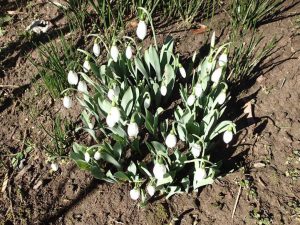
The blooms of Snowdrops emerging “From the Ground Up”. Photograph Ⓒ Mildred Budny.
2023 Spring Pre-Symposium/Symposium Program Booklet
The 64-page illustrated Program Booklet is published ‘on the day’ or first day of the event (24 March 2023).

2023 Spring Pre-Symposium/Symposium Booklet Front Cover.
See 2023 Spring Symposium “From the Ground Up” for information about how you could receive, order, or download a copy of this Booklet free of charge.
2023 Autumn Symposium
Plans advance for the 2023 Autumn Symposium “Between Earth and Sky”.
[Update: This event has been successfully accomplished. See its post, with information for downloading its illustrated booklet of 54 pages.]

2023 Autumn Symposium Booklet Cover.
2023 RGME Events
Other Events are planned for the Year. See
2024 RGME Events
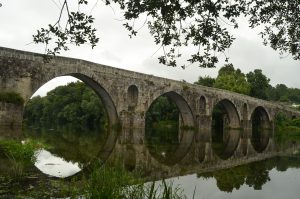
“Study on a Medieval Bridge” at Amares, Braga District, Portugal. Image by Pedro Nuno Caetano (2019) via Wikimedia Commons via Creative Commons 2.0 Generic.
For activities planned for next year, an Anniversary Year for the RGME, with the year’s theme of “Bridges”, see:
They include episodes for “The Research Group Speaks”, conference sessions at two international congresses for medieval studies (at Kalamazoo and Leeds), anniversary celebrations, and two symposia.
- 2024 Anniversary Symposium in Thanks to Jesse Hurlbut, RGME WebMaster Emeritus
- 2024 Spring Symposium at Vassar College
Suggestion Box
Please Contact Us or visit
- our FaceBook Page
- our Twitter Feed (@rgme_mss)
- our Blog on Manuscript Studies and its Contents List
Donations and contributions, in funds or in kind, are welcome and easy to give. See Contributions and Donations.
We look forward to hearing from you.
*****
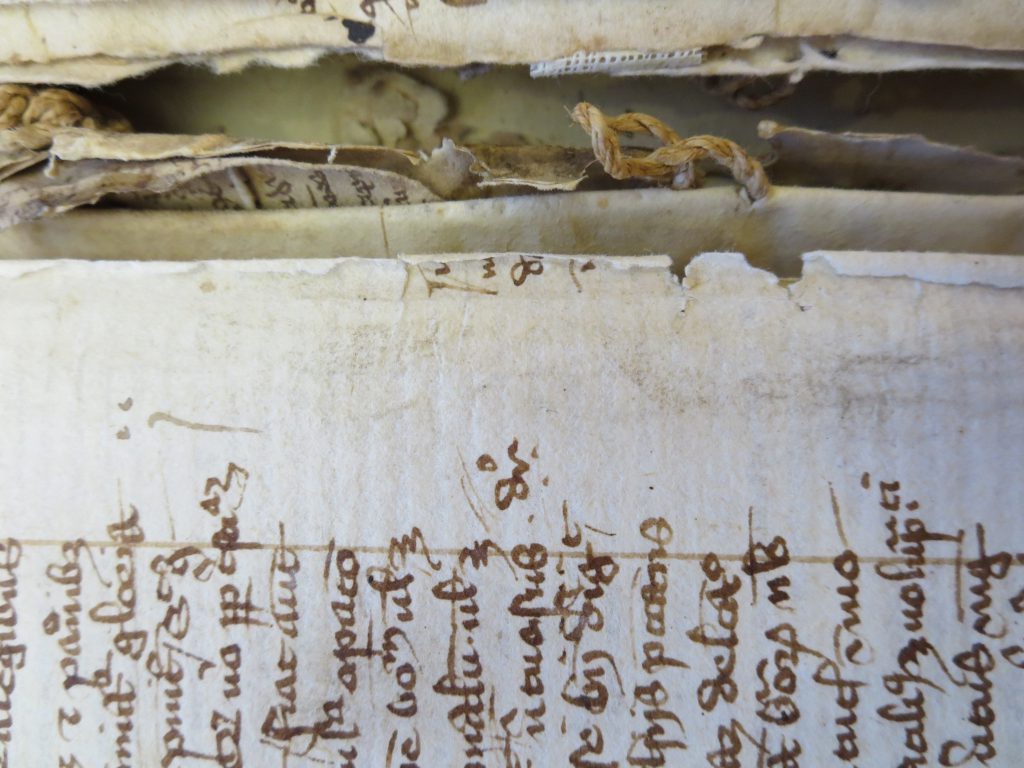
Beinecke Rare Book & Manuscript Library, Otto Ege Collection, Volume II of Ege MS 51, Displaced Folios 29v-26r. View toward Gutter with Reused Manuscript Fragments. Photograph by Mildred Budny.
*****



